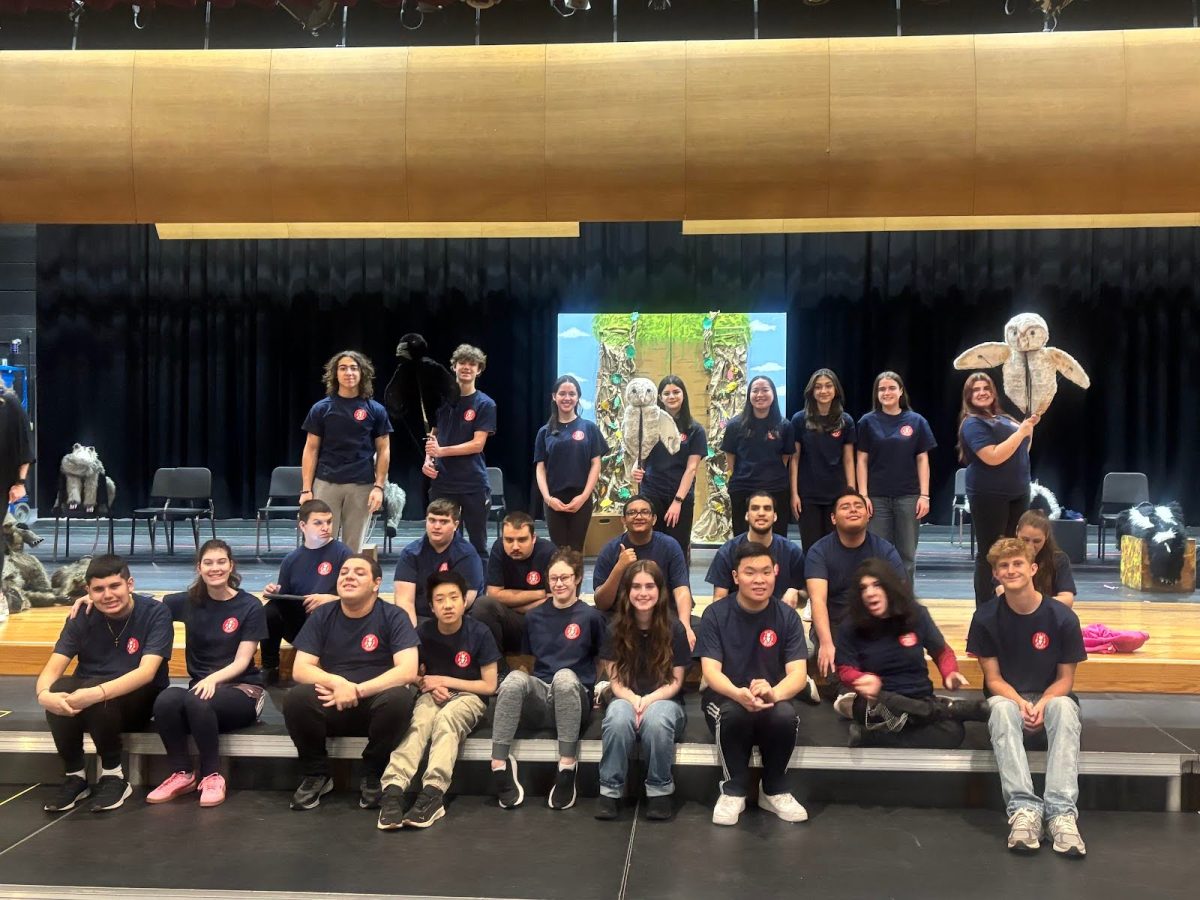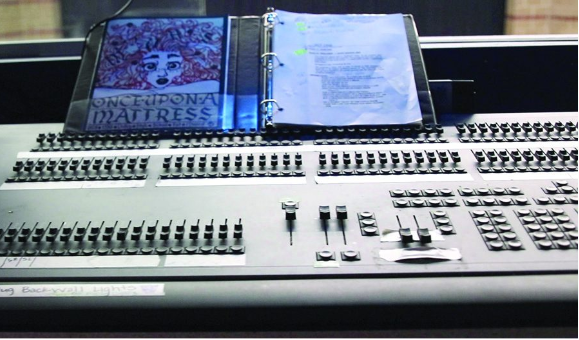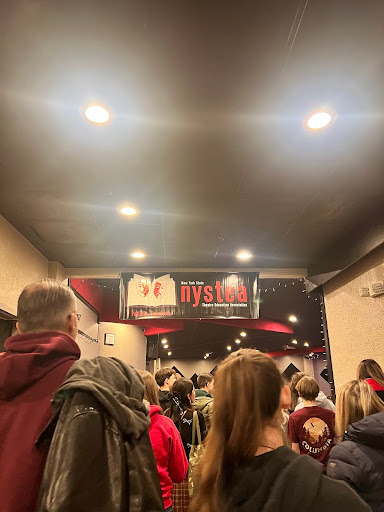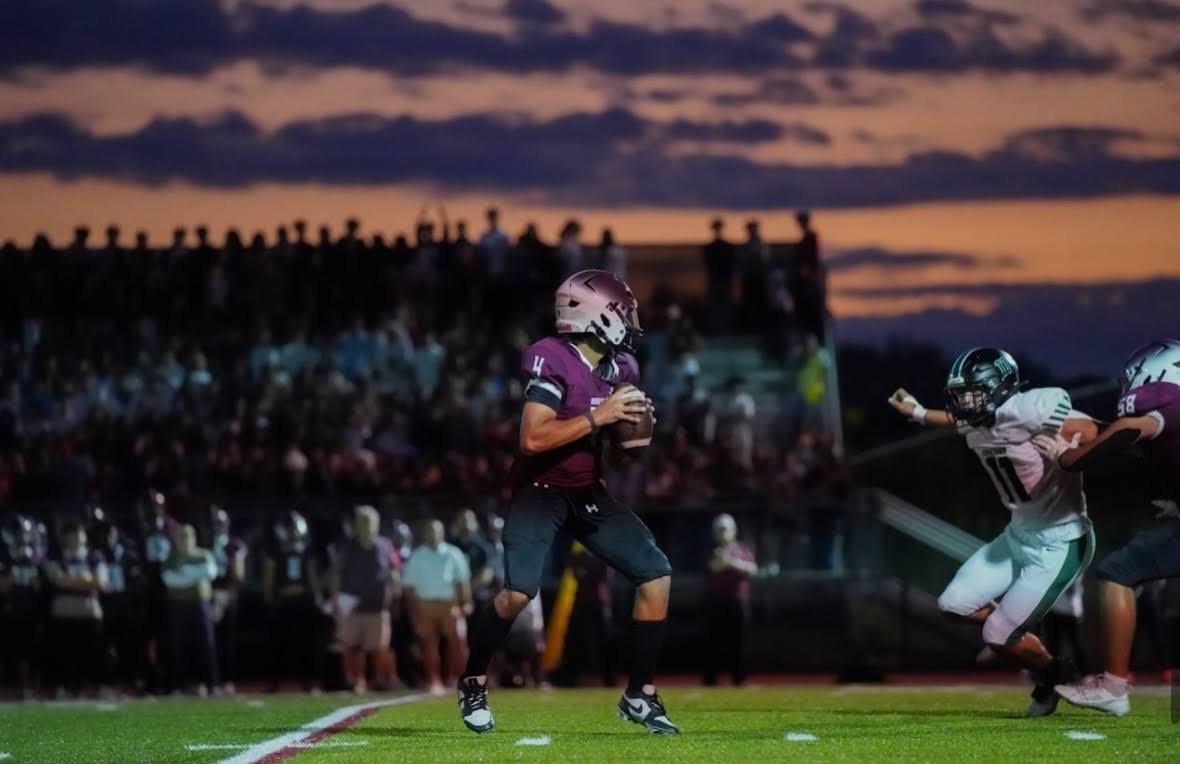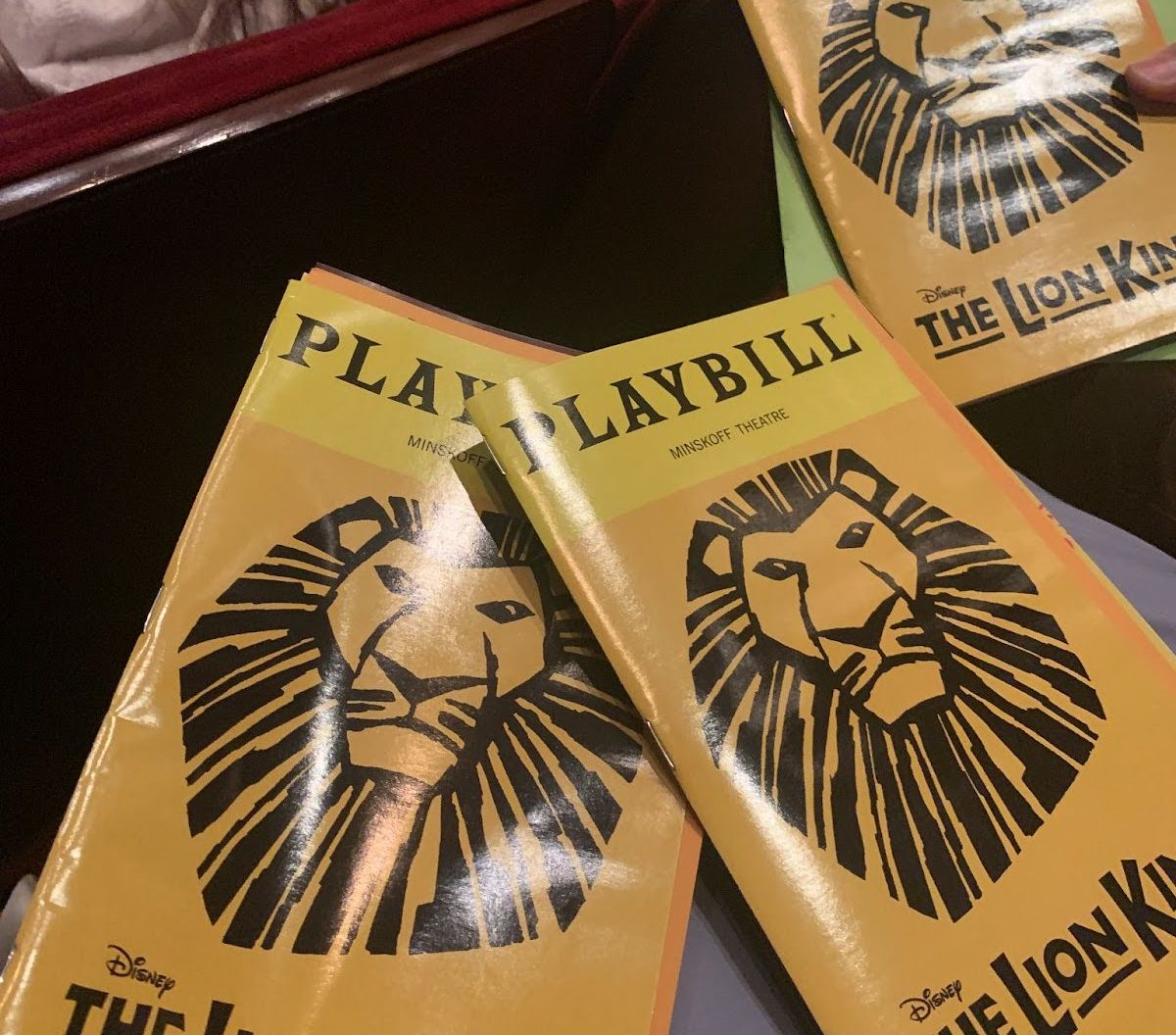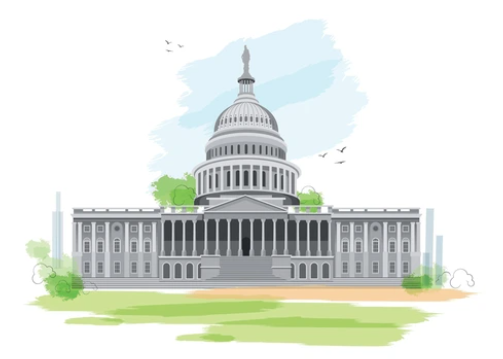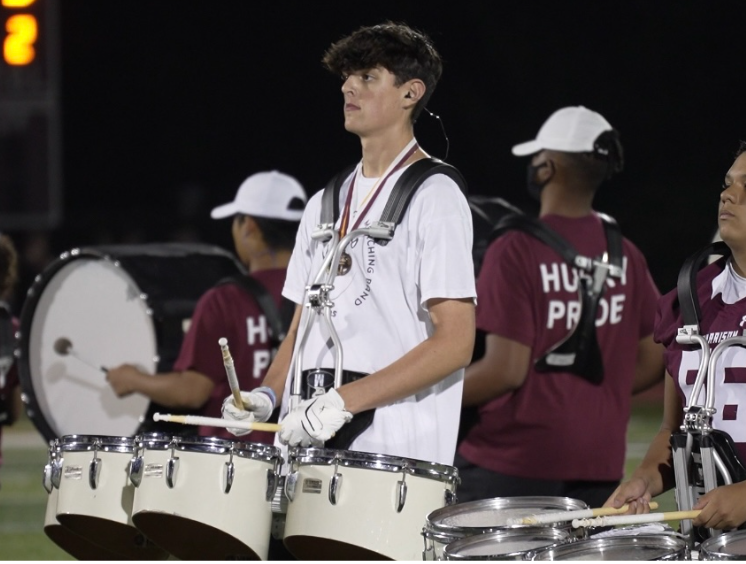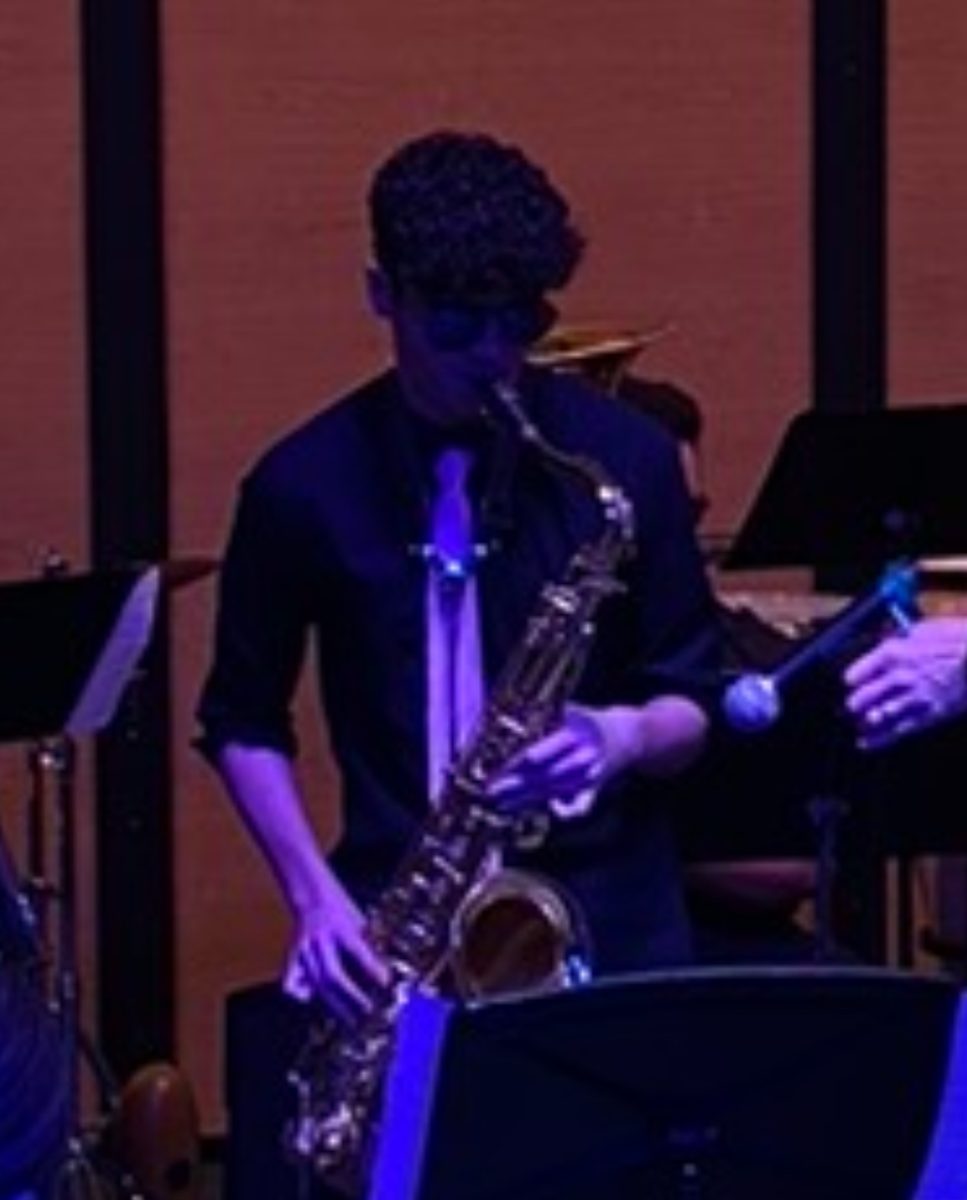Hawaii is known throughout the world for its beautiful beaches, lush landscapes, and pristine blue water. However, what seemed to be a paradise turned into a complete inferno on August 9th, 2022. Wildfires started tearing through the heart of the Hawaiian island of Maui in darkness, wreaking havoc and ash among many buildings, and killing 9 Lahaina residents.

Lahaina was a picturesque town before the fire, riddled with many restaurants, bars, homes, apartments, and surf shops that made up the historic settlement. However, the seaside town was reduced to ash after the fire destroyed even the foundations of this historic settlement. Due to the dry climate on this part of the Hawaiian island and the strong winds the island was experiencing, the fire spread throughout Lahaina rapidly. When the dust settled, in total across the island, 97 Hawaiian Islanders were dead, and the wildfire became the 5th largest wildfire in US history.
Firefighters from various agencies and many charities worked tirelessly to contain the wildfires and provide relief aid to residents. Helicopters equipped with water buckets were used to douse the flames from above, while ground firefighters established firebreaks and protected homes and communities. Thousands of Islanders had to evacuate their homes and seek protection in local shelters.
The wildfires have had devastating effects on Hawaii, and far-reaching consequences throughout the rest of the country and even the world. Aiden Kal’au is a student-athlete at Harrison High School. Aiden’s father is a native Hawaiian Islander, and the Hawaiian culture impacts his everyday life,“usually around August, maybe July, I will fly alone to Oahu to stay with my Grandma. She owns a condo in Honolulu.” Aiden commented on the struggle many Native Islanders go through, and how the fires only exacerbated the issues they experience daily. Aiden expressed that, “Natives who have had ties to Hawaii for hundreds of years can’t even afford to pay their rent and it’s super hard for them to stay there ⁅Hawaii⁆.” This sudden change in their everyday life has forced them to either adjust or find more affordable living. Ultimately, the wildfires are beyond the control of the natives however they suffer the most from the destruction it has caused.’
Native Hawaiians are finding it increasingly difficult to afford living in their ancestral homeland of Hawaii. This is because of how expensive adequate housing has become in Hawaii, the low wages in certain industries that are not keeping up with the cost of living, and tourism-fueled job market that can fluctuate seemingly on a dime. In times like 2020, when Covid-19 was running rampant across the world, thousands of Hawaiians got laid off from their jobs.
Many native Hawaiians are forced to leave their communities and seek more affordable options on the mainland. This trend threatens the culture of Hawaii and demonstrates how support for indigenous communities that want to maintain a connection to their roots is needed now more than ever. The Hawaiian Tourism Agency, an agency established by the state of Hawaii to manage the tourist economy, stated “Hawaii’s allure as a tourist destination is undeniable, but the sustainability of our islands requires a thoughtful balance between economic growth and environmental preservation.”
Hawaii is known for its booming tourism, which fuels its economy. A Junior at HHS, Dean Edwards, was on Maui staying at the local Hilton during the wildfires. He said, “It was a lot like the Canada wildfires, where the sky was orange and grey, and you could smell the smoke everywhere you went, even inside.” The rest of his trip was spent keeping track of the fires and trying to cancel many of the plans they booked. “A lot of my plans got canceled. I was going to go fishing and was supposed to be in Lahaina the day the fire happened. I was forced to stay in my hotel for the rest of the trip.”
Not only this, but the wildfires have had significant economic impacts on the region. The fires themselves have caused immediate property damage to the Hawaiian infrastructure. It will take years to rebuild, and opportunistic real estate tycoons are already taking advantage of this disaster for their gain.
Ms. Merritt, a US history teacher at Harrison communicated that “Hawaii used to have an agricultural-based economy, but around the ‘50’s the United States pushed Hawaii for tourism. This has basically caused prices to skyrocket.”
Overall, Hawaii will feel the effects of these fires for years to come. However, the island will rebuild and the resilient natives will continue to aid and develop the island. If you would like to donate to Hawaiian relief efforts, visit the Hawaii Wildfire Management Organization’s website to assist the people of Hawaii.

